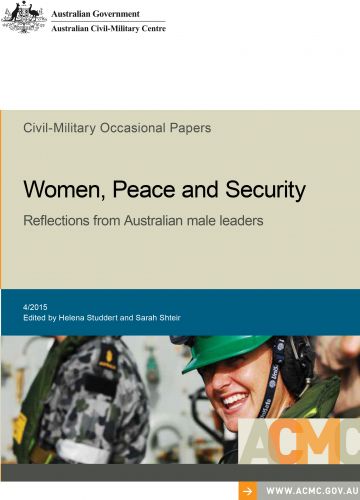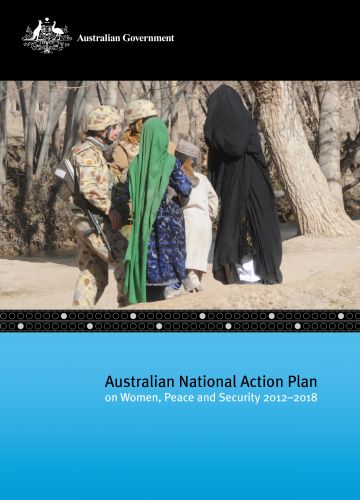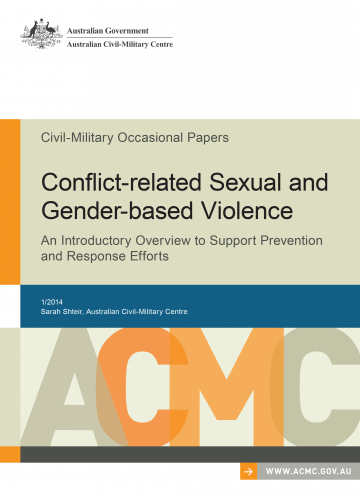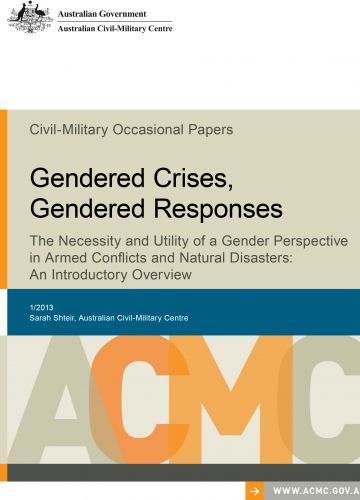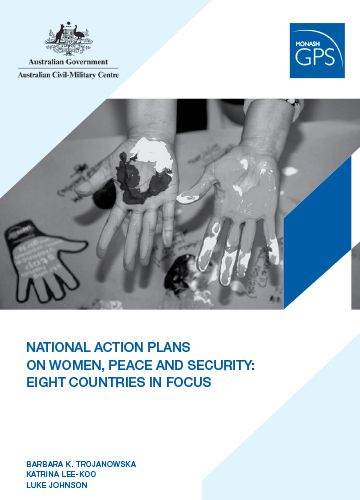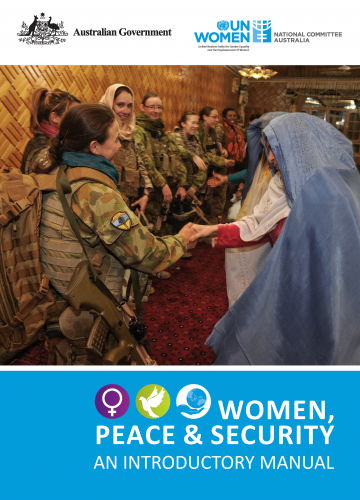The Australian Defence Force (ADF) has come a long way in understanding the importance of gender diversity to our organisation. We recognise that our future defence capability will depend on recruiting the best people from all sectors of society. Women represent over 50 per cent of Australia’s population and we need to tap more effectively into this talent pool.
Initiatives over the past two decades have seen an increasingly successful integration of women into the three services. More recently, there has been a concerted effort to incorporate gender considerations into policies, training, planning and on operations. The Women, Peace and Security (WPS) agenda has been a critical guide in this learning process. I, and the ADF senior leaders, strongly support the Defence Implementation Plan (DIP), part of the Australian National Action Plan on Women, Peace and Security 2012–2018. We are committed to fully integrating women and gender considerations into the ADF.
New policies and programs and senior leadership efforts are not enough to bring about the deep cultural change that is needed. The change we seek is not just about employing more women. We need to normalise WPS and incorporate its principle into our everyday decision making. In order to achieve this, all members of the ADF and those we work with in Defence need to understand WPS principles.
This publication aims to move past the theoretical by drawing together the real-life experiences, reflections and lessons of male leaders—from the ADF, the Australian Federal Police and civilians. The publication was developed as a means to demonstrate, through practical example, how WPS can be incorporated into military or organisational planning to improve operational outcomes and achieve mission objectives. It demonstrates how good leadership is predicated on creative, responsive and inclusive thinking, and an ability to accept new ways of seeing the world.
I expect the publication will become a useful tool for those who seek to understand why we need to broaden our thinking within the ADF and to help us change the way we do business. WPS may be only one element of an evolving global landscape, but it is a most important one. By embracing WPS and its principles the ADF will continue to develop its capability and, importantly, will ensure we are better positioned to more effectively help the people and communities we serve.


